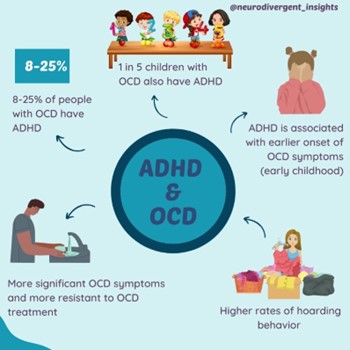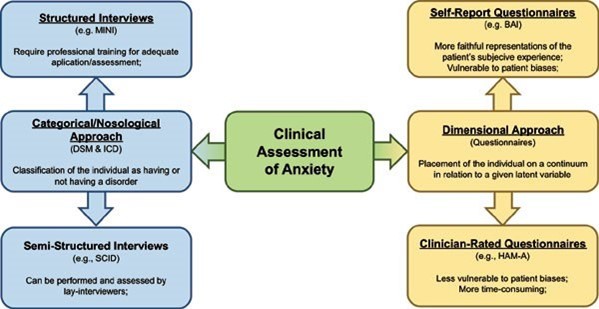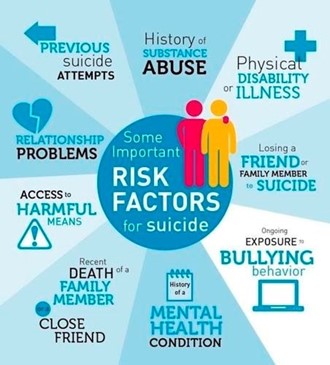A psychiatric nurse assesses a client who commonly experiences anxiety. Which comment by this person indicates the possibility of obsessive-compulsive disorder (OCD)?
Select one:
l keep reliving a car accident."
My legs often feel weak and spastic."
I am embarrassed to go out and speak in public."
l check where my car keys are eight times."
The Correct Answer is D
This comment indicates the possibility of obsessive-compulsive disorder (OCD) because it describes a repetitive behavior that may be a compulsion. Compulsions are repetitive behaviors or mental acts that an individual feels driven to perform in response to an obsession or according to rules that must be applied rigidly. In this case, the individual’s compulsion may be to repeatedly check the location of their car keys in order to reduce anxiety or distress.

Nursing Test Bank
Naxlex Comprehensive Predictor Exams
Related Questions
Correct Answer is C
Explanation
This response acknowledges the client's concerns and invites further discussion about their experience. The nurse can use this information to assess the severity and duration of the client's symptoms, as well as any potential triggers or stressors that may be contributing to their anxiety and inability to concentrate.
Option a "Have you talked to your friends about this yet?" may not be an appropriate response, as the client may need more professional support than what their friends can provide.
Option b "I have problems too, everybody has problems" may be dismissive of the client's concerns and may not help them feel heard or understood.
Option d "Have you talked to your parents about this yet?" may not be an appropriate response, as the client may not feel comfortable discussing their concerns with their parents or may need more professional support than what their parents can provide.
Option e "Why do you think you are so anxious?" may be seen as confrontational and may not help the client feel heard or understood.
Option f "It sounds like you're having a difficult time" acknowledges the client's concerns but does not invite further discussion or provide an opportunity for the nurse to gather more information.

Correct Answer is ["A","B","C","F","H"]
Explanation
a. Substance abuse disorder
b. Schizophrenia
c. Age greater than 55 years old
f. Male gender
h. Previous suicide attempt.
Option a. Substance abuse disorder can increase the risk of suicide because it can exacerbate underlying mental health conditions and impair judgment.
Option b. Schizophrenia is a mental health condition that can increase the risk of suicide due to symptoms such as delusions and hallucinations.
Option c. Age greater than 55 years old is a risk factor for suicide because older adults may experience social isolation, chronic health conditions, and loss of independence.
Option f. Male gender is a risk factor for suicide because men are more likely to die by suicide than women. Option h. Previous suicide attempt is a strong predictor of future suicide attempts and completed suicides. Option d. Female gender is not a known risk factor for suicide.
Option e. Being currently married is not a known risk factor for suicide. Option g. Having a bachelor’s degree is not a known risk factor for suicide.

Whether you are a student looking to ace your exams or a practicing nurse seeking to enhance your expertise , our nursing education contents will empower you with the confidence and competence to make a difference in the lives of patients and become a respected leader in the healthcare field.
Visit Naxlex, invest in your future and unlock endless possibilities with our unparalleled nursing education contents today
Report Wrong Answer on the Current Question
Do you disagree with the answer? If yes, what is your expected answer? Explain.
Kindly be descriptive with the issue you are facing.
